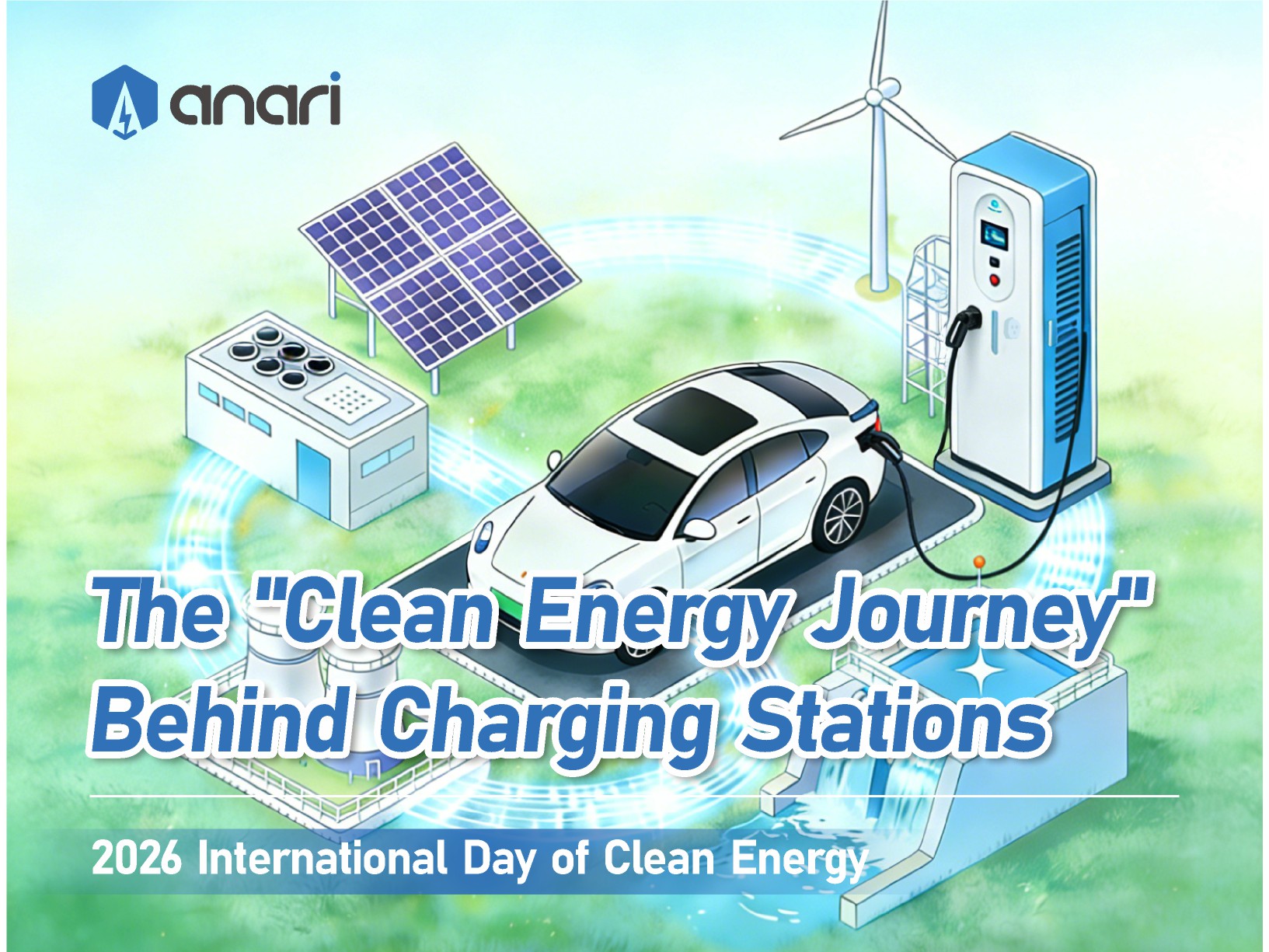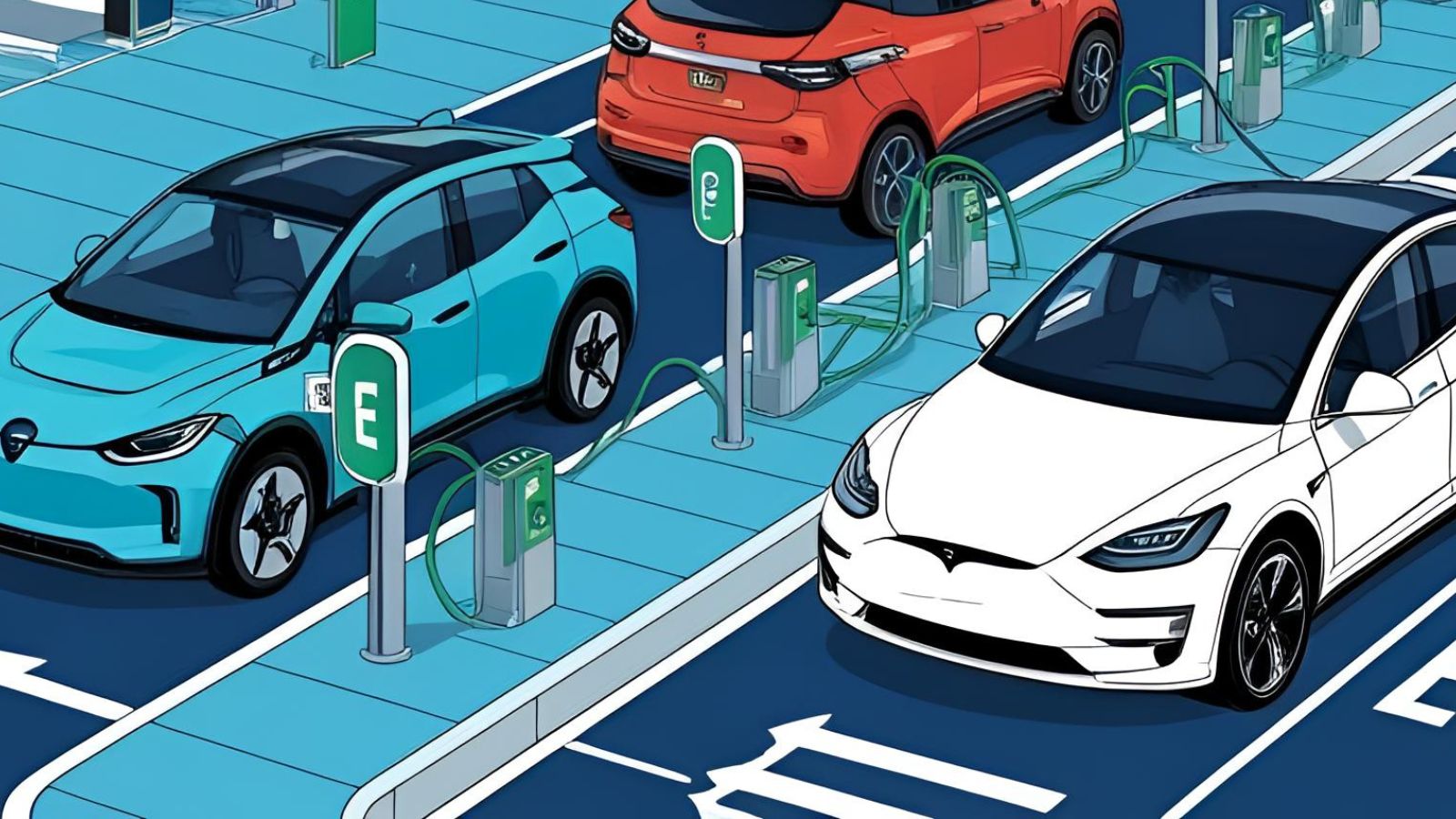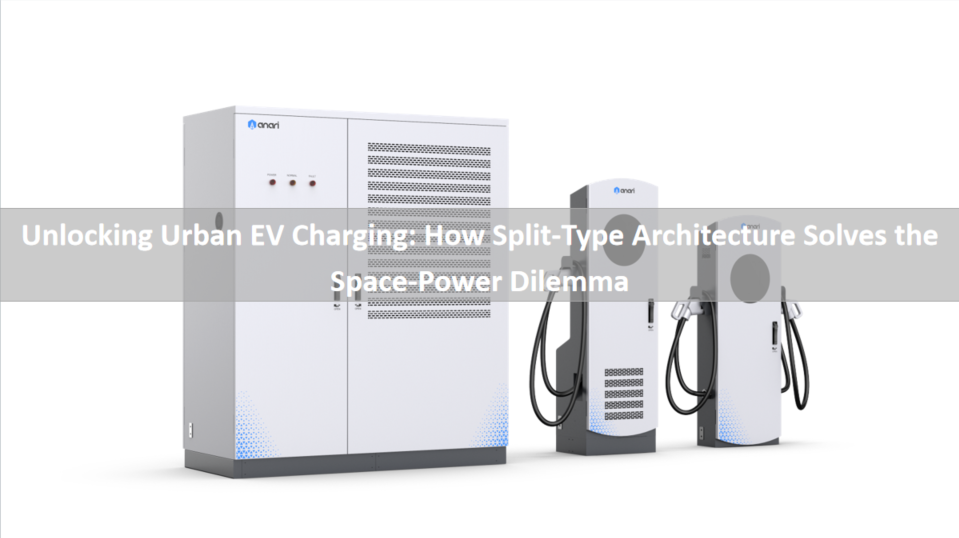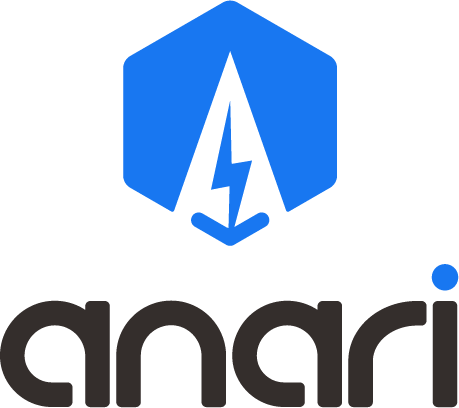_1757664613_WNo_1600d900.webp)
Electrification is no longer a distant future for fleets—it’s happening now. From logistics providers to corporate vehicle pools, fleet operators are realizing both the financial and environmental benefits of transitioning to electric vehicles (EVs). However, a critical challenge stands in the way: selecting the right charging infrastructure.
In this guide, we’ll break down the common pain points fleets face, evaluate mainstream solutions on the market, and provide a tailored roadmap for choosing the right charging stations. Along the way, we’ll highlight innovative solutions like the Aquila DC Series from Anari Energy that are reshaping the fleet-charging landscape.
1. Common Pain Points for Fleets When Choosing Charging Stations
-
Scalability Fleets grow, and charging needs evolve. Many operators worry about investing in stations that won’t meet future demand.
-
Charging Speed vs. Downtime Keeping vehicles operational is essential. Slow charging directly impacts fleet utilization, making fast charging an increasingly vital requirement.
-
Energy Management High demand charges from utilities can quickly eat into cost savings. Fleets need solutions that integrate with smart energy management systems.
-
Space & Layout Constraints Unlike public stations, fleets must work within depots or parking lots where space utilization matters.
-
Total Cost of Ownership (TCO) Beyond the upfront investment, fleets must account for installation, grid upgrades, maintenance, and software subscriptions.
-
Interoperability & Software Integrating charging data with fleet management systems is essential to streamline operations.
2. Mainstream Charging Solutions for Fleets
Tesla Advantages:
-
Industry-leading fast charging technology.
-
Extensive proprietary network. Disadvantages:
-
Proprietary connectors and ecosystems can limit flexibility for mixed fleets.
-
Higher upfront costs for depot solutions.
ABB Advantages:
-
Robust DC fast chargers with a global reputation.
-
Advanced load management features. Disadvantages:
-
Higher capital expense.
-
May require complex installation and grid upgrades.
Siemens Advantages:
-
Flexible AC and DC charging portfolio.
-
Strong integration with energy management systems. Disadvantages:
-
Longer lead times for delivery and installation.
-
May be more suited to large-scale projects than smaller fleet depots.
ChargePoint Advantages:
-
Comprehensive software ecosystem.
-
Widely supported hardware and robust network services. Disadvantages:
-
Software subscriptions can significantly increase TCO.
-
Hardware may lack ultra-fast charging options needed for time-sensitive fleets.
3. A Fleet-Centric Approach: What to Look For
When choosing charging stations, fleet operators should evaluate solutions based on these criteria:
-
Fast, Flexible Charging – Opt for DC fast chargers that minimize downtime and can scale with your fleet’s needs.
-
Smart Energy Management – Look for stations that integrate with renewable energy sources and load-balancing systems.
-
Ease of Deployment – Modular, compact designs make installation simpler, especially in space-constrained depots.
-
Cost Transparency – Understand upfront, operating, and hidden costs, including grid upgrades and software fees.
-
Interoperability – Ensure open standards for mixed fleets and integration with your telematics or fleet management platform.
4. Spotlight: Aquila DC Series by Anari Energy
One innovative solution designed with fleets in mind is the Aquila DC Series from Anari Energy (www.anariev.com). Built to solve many of the pain points listed above, the Aquila DC Series offers:
-
High-Power DC Fast Charging – Reduces vehicle downtime and increases fleet utilization.
-
Scalable Modular Design – Future-proofs your investment by allowing incremental capacity upgrades.
-
Smart Energy Integration – Optimizes charging with demand-response and renewable energy compatibility.
-
Space-Efficient Footprint – Ideal for depots where parking space is at a premium.
-
Fleet-Ready Interoperability – Compatible with a wide range of vehicle types and management platforms.
For fleets that demand flexibility and long-term ROI, the Aquila DC Series is an attractive option that balances performance, cost efficiency, and operational ease.
5. Conclusion
Selecting the right charging station for your fleet isn’t just about powering vehicles—it’s about optimizing uptime, reducing costs, and ensuring your electrification strategy is future-proof. While mainstream providers like Tesla, ABB, Siemens, and ChargePoint dominate the market, fleet operators should carefully weigh scalability, interoperability, and total cost of ownership when making decisions.
For fleets looking to strike that balance, solutions like Anari Energy’s Aquila DC Series stand out as purpose-built charging infrastructure that can grow with your operation.
_1757664613_WNo_1600d900.webp)







